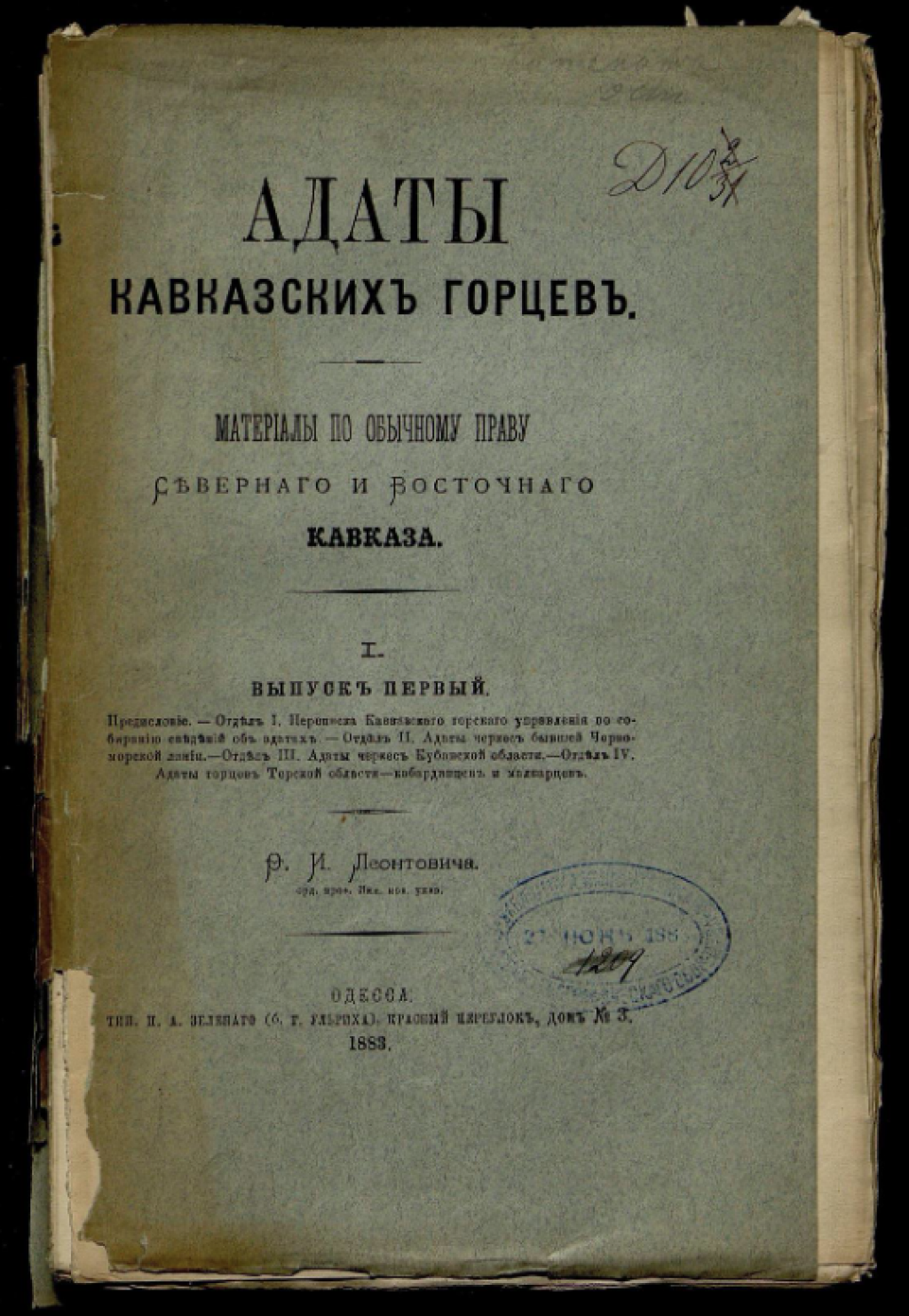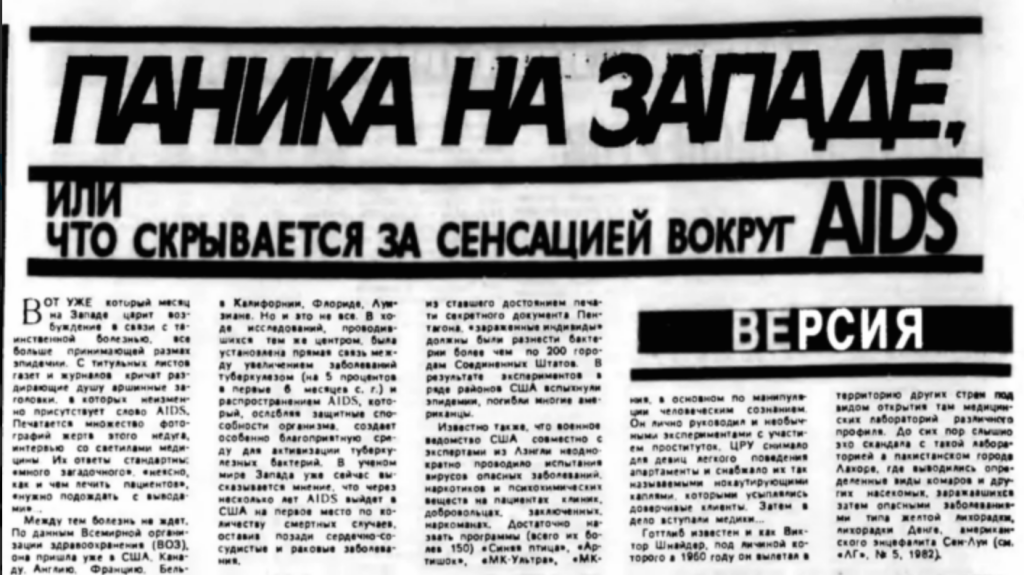The Jordan Center stands with all the people of Ukraine, Russia, and the rest of the world who oppose the Russian invasion of Ukraine. See our statement here.
This article originally appeared on Transitions on 7/26/2022.
Peter Rutland is a professor of government at Wesleyan University in Middletown, Connecticut.
Despite polls showing overwhelming support for the war, some observers argue that the dominant mood is rather one of indifference.
Public opinion polls consistently find that two thirds of Russians support the military operation in Ukraine. It is hard to understand how ordinary Russians can support a brutal war of aggression against a neighbor which posed no immediate threat to Russia.
However, it is not that Russians actively support the war: rather, they are disconnected from political affairs, and are trying to carry on with their daily life as if there was no war.
The fact that Russian society is not fully mobilized is an important constraint on Putin’s ability to sustain or escalate the conflict.
Polling in an authoritarian regime is a tricky business, all the more so when the country is at war. People are understandably wary of expressing an opinion to a random stranger. Nevertheless, the Levada Center has regularly asked Russians about their attitudes towards the “military operation.” They find a high level of support: 74% in April, 77% in May and 75% in June. Age differences are significant: more than 90% of respondents over 65 supported the war versus 36% of those aged 18-24. The May poll found that 44% expected the “operation” to last at least six more months.
These findings are confirmed by other agencies such as Khroniki. Their latest poll found that support for the war had fallen from 64% in May to 55% in June, reflecting growing awareness of the human and economic costs of the conflict.
Can these results be trusted? It could be that pollsters are manipulating the results to please the Kremlin. It might be an artificial “imposed consensus,” reflecting fear of punishment for giving the wrong answer. Even in free societies, there is the problem of social desirability bias: respondents tend to say what they think the pollster expects to hear, or what they imagine most other people will be saying. Answers are also very sensitive to prompts in the wording and sequencing of the questions.
Another important qualification is that the response rates in these polls are extremely low, below 10%. This self-selected sample may under- or over-represent support for the war. This is not only a problem in Russia: response rates in the US have also fallen below 10%.
Despite all these reasons to be wary of poll results, the high support level for the war is confirmed by anecdotal evidence – street interviews by journalists or youtubers, and reports of conversations between people in Ukraine and their relatives in Russia. In the documentary Broken Ties, Andrei Loshchak interviews young Russians who disagree about the war with their parents or grandparents. One mother starts calls with her son with the greeting “Hello fascist.”
However, some observers argue that ordinary Russians are not supporting the war per se. Rather, the dominant mood is on of indifference: they have delegated responsibility for making such decisions to President Vladimir Putin. So long as they trust Putin, they will not criticize his actions in Ukraine. Hence veteran political observer Aleksandr Tsipko argues “the Russian people are watching events with remarkable indifference, like Muscovites in 1993” [when the Russian parliament was shelled by Yeltsin’s troops]. The Levada Center’s Aleksei Levinson concurs, arguing that the prevailing mood is that “the authorities must be respected and maintained, since everything would fall apart without them.”
This indifference is a survival mechanism, reflecting the public’s fear of the authorities. Mikhail Khodorkovsky, the oligarch who was jailed for ten years and now lives in London, has impishly suggested that Russians are trapped in a collective “Stockholm syndrome,” a reference to the 1973 incident where hostages in a bank robbery psychologically bonded with their captors.
Aleksei Minyailo, the head of the Khroniki agency, notes that when people were asked what good victory would bring, they listed features of pre-war life – peace, the chance to visit relatives, an end to sanctions. That is, victory would be a return to the status quo ante. The fact that most Russians seem to have little lust for war helps explain why the Kremlin is having a hard time recruiting volunteers to fight in Ukraine – and why Putin is unwilling to order a general mobilization of the army reserves. Recall that in the United States, the introduction of the draft in 1969 radically accelerated public opposition to the war.
The picture that emerges, then, is a bleak one, of a browbeaten population who are willing to follow their leaders who are waging a senseless war. But it is an open question whether this is a sufficiently robust social foundation to sustain the sort of protracted war which Putin is apparently intent on pursuing in Ukraine.



